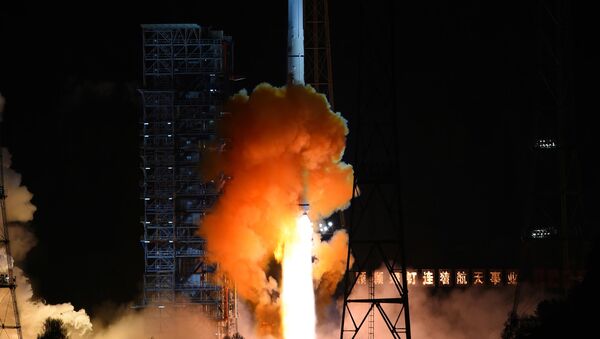If the first satellite is a success, it will serve as proof of concept for the construction of an advanced and secure communication network based on quantum transmissions.
The idea behind the technology is to send protons, a primary element in an atom, over long distances. Arranged in specific configurations, the protons can be used to send encrypted messages that will be difficult to decode by a third party and hard to tamper with, as any interference would leave a obvious trace.
According to Chaoyang Lu, a physicist from the University of Science and Technology of China, the technology will require a minimum of 20 satellites in geostationary orbit, and will provide for a secure encrypted communications network.
Experts in China suggest that the scheduled launch will spark a new space race between China, Russia, Europe and the United States, in competing to master the technology.
The nation or corporation to develop the technology first is likely to reap both military and commercial benefit, as secrecy, integral to the security of the state, has become increasingly important for global stability.


